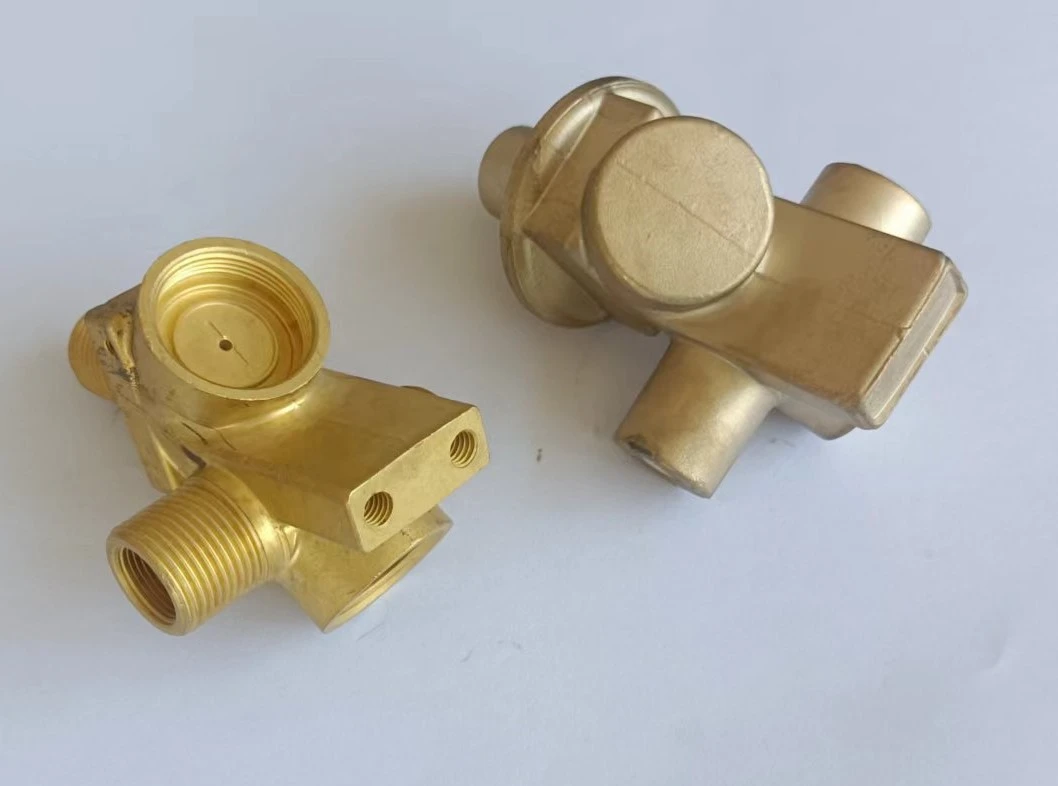Mobile:+86-311-808-126-83
Email:info@ydcastings.com
impeller motor
Understanding Impeller Motors The Heart of Modern Fluid Dynamics
In the realm of engineering, especially in fluid dynamics, impeller motors play a pivotal role in transforming rotational energy into fluid flow. These devices are integral to various applications, from water pumps to industrial machines, enhancing efficiency and performance across multiple sectors.
An impeller motor works by utilizing a rotating component known as an impeller. The impeller is equipped with blades that spin rapidly, generating centrifugal force. This force pushes fluid from the center of the impeller outwards, creating movement and generating pressure. The design of the impeller, including the number and shape of its blades, significantly influences the motor's efficiency and the fluid’s velocity.
One of the primary advantages of impeller motors is their ability to handle large volumes of fluids at relatively high speeds. This makes them essential in applications such as water treatment plants, HVAC systems, and irrigation systems, where consistent and reliable fluid movement is crucial. The versatility of impeller motors allows them to operate effectively in various environments, whether it be pumping water, moving air in ventilation systems, or aiding in chemical processing.
impeller motor

In addition to their functional roles, advancements in technology have seen impeller motors evolve in efficiency and design. Modern motors utilize advanced materials and computational fluid dynamics (CFD) simulations to optimize their performance. The integration of smart technology has allowed for real-time monitoring and diagnostics, further improving reliability and reducing maintenance costs.
Environmental considerations are also at the forefront of impeller motor design. As industries strive for sustainability, engineers are now focusing on creating motors that consume less energy and produce lower emissions. Electric impeller motors, for example, have gained popularity due to their efficiency and reduced environmental impact compared to traditional combustion engines. The push for renewable energy sources is further propelling research and development in this field, leading to innovative designs that harness wind or solar power to operate.
Moreover, safety is paramount when dealing with impeller motors, particularly in hazardous environments. Manufacturers implement rigorous testing and safety protocols to ensure that these motors operate reliably under various conditions. Understanding the limitations and potential failures of impeller systems is essential for preventing accidents and maintaining efficient operations.
In conclusion, impeller motors are an indispensable component in the world of fluid dynamics. Their ability to efficiently convert energy into fluid motion is crucial for a wide range of applications. With ongoing advancements in technology and a focus on sustainability, the future of impeller motors looks promising. As industries continue to evolve, these motors will undoubtedly remain at the forefront of engineering innovation, driving progress in numerous sectors.
-
Why Is Choosing the Right Motor Housing Critical for Engine Performance?NewsJul.18,2025
-
Which Impeller Types Best Optimize Your Pump’s Efficiency?NewsJul.18,2025
-
Optimize Maintenance Efficiency with Durable Oil Catch SolutionsNewsJul.18,2025
-
Maximize Pump Performance with Precision-Engineered ComponentsNewsJul.18,2025
-
Elevate Industrial Flow Systems with Precision-Engineered ComponentsNewsJul.18,2025
-
Boost Durability and Functionality with Precision Power CastingsNewsJul.18,2025











